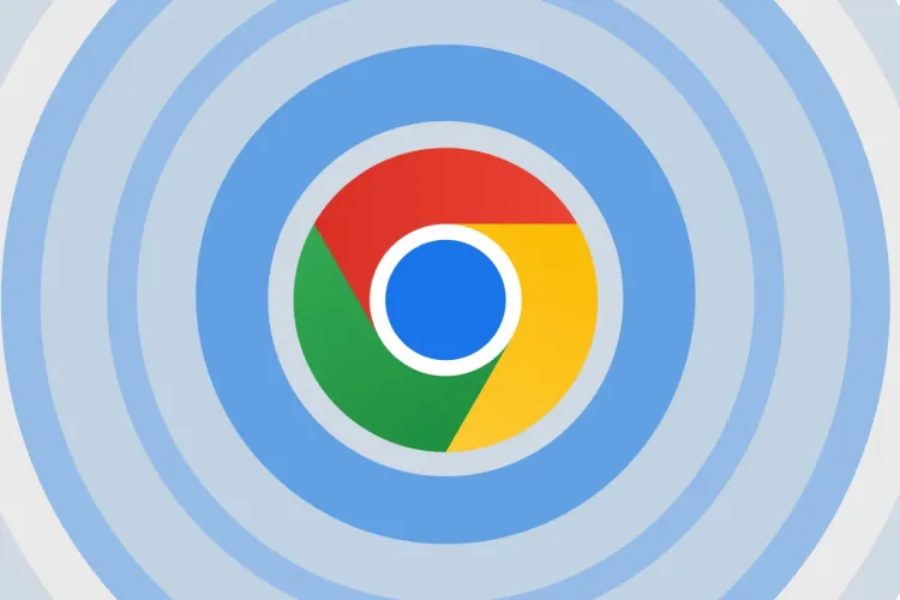In a pivotal moment during Google’s ongoing antitrust trial, Perplexity AI has declared its willingness to acquire the Chrome web browser if regulators force Google to divest the product. The statement came from Dmitry Shevelenko, Chief Business Officer of Perplexity, who was subpoenaed to testify in court about the tech giant’s impact on emerging competitors in the AI sector.
Although Shevelenko initially expressed concerns about testifying—fearing retaliation from Google—he used the opportunity not only to explain the challenges of competing with Google’s search and assistant dominance but also to make a bold business proposal. If the Department of Justice’s (DOJ) case succeeds and Judge Amit Mehta orders Google to divest Chrome, Shevelenko said, “I think we could do it,” referring to Perplexity’s ability to manage and maintain the browser at its current scale.
The DOJ is pressing the case that Google has monopolized the search market through exclusive agreements with phone manufacturers and browser developers, locking out competition and reinforcing its dominance. A potential remedy under consideration includes forcing Google to spin off Chrome and its underlying open-source engine, Chromium, a foundational technology for many other browsers worldwide.
Google argues that such a move would be disruptive, warning that a new owner might begin charging for Chromium or fail to support it adequately, damaging the broader internet ecosystem. Shevelenko countered that Perplexity could manage the browser responsibly and maintain its free, open-source status.
The trial also revealed new details about the barriers AI startups face in challenging Google’s entrenched position. Shevelenko described the “jungle gym” of Android settings required to designate Perplexity as the default assistant—a process so complex he needed help to complete it. Even after doing so, he explained, Perplexity doesn’t receive the same system-level privileges as Google Assistant, such as voice activation.
Moreover, Shevelenko detailed Perplexity’s attempts to secure partnerships with phone makers and wireless carriers—efforts that repeatedly failed due to fears of losing Google’s lucrative revenue-sharing agreements. One major phone manufacturer, believed to be Motorola, agreed to preload Perplexity’s assistant on its devices but refused to make it the default due to contractual obligations with Google. “We tried every creative workaround,” Shevelenko said, but the companies “just couldn’t find a way to get out of their Google obligations.”
Shevelenko credited the antitrust scrutiny as the reason these conversations are even possible. “The fact that Google is under pressure is what opens the door,” he said, acknowledging that without legal pressure, companies wouldn’t risk engaging with rivals like Perplexity.
Yet even while pitching Perplexity as a viable alternative to Chrome owners, Shevelenko expressed hesitations about breaking up Google altogether. He shared a Perplexity team post prior to his testimony that questioned whether splitting up Google is the right move. In court, he warned of unintended consequences, such as a company like OpenAI acquiring Chrome and potentially restricting Chromium’s open-source model or underinvesting in its upkeep.
“There’s all the self-serving incentive to be here today and shout about how evil Google is, and I think we want to be reasonable,” he said. “We wouldn’t want a remedy that cripples Google’s ability to keep building good products that others can iterate on.”
As the trial progresses, Judge Mehta’s decision could reshape the digital marketplace. Should Google be ordered to divest Chrome? Perplexity is clearly positioning itself not just as a critic of the status quo, but as a contender for the future of the web browser itself.







